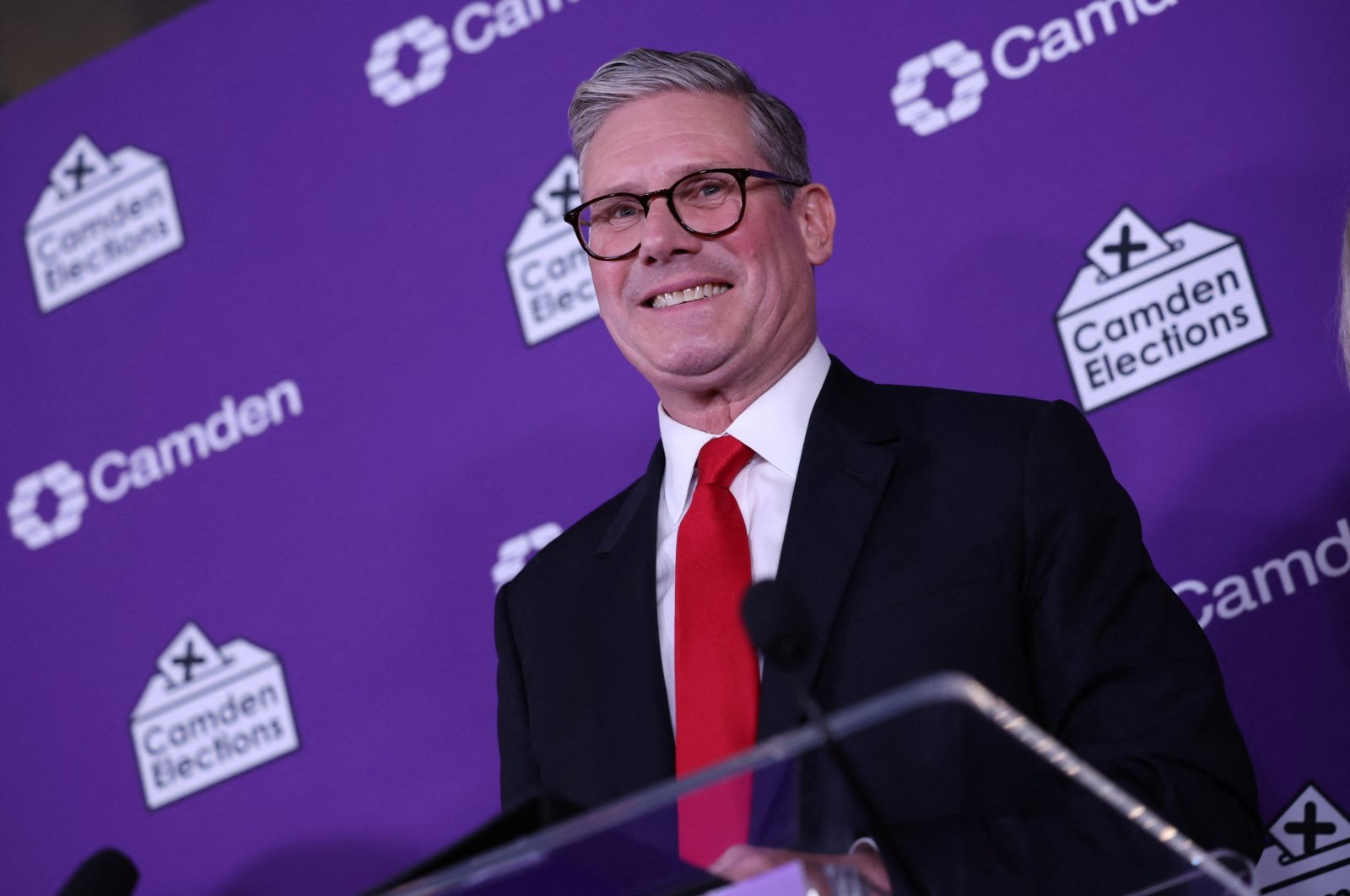
Keir Starmer, a 61-year-old centrist politician born in London, has charted a distinguished journey from the courtroom to the halls of Westminster. Raised in a working-class family, Starmer’s formative years were defined by a dedication to education and public service.
He attended Reigate Grammar School before studying law at the University of Leeds and later at St. Edmund Hall, Oxford. Starmer embarked on a notable legal career as a barrister, swiftly earning acclaim for his expertise in human rights law.
His legal acumen and dedication earned him the role of director of public prosecutions (DPP) in 2008, a position he held until 2013. During his tenure as DPP, Starmer was known for his work on complex and high-profile cases, as well as for implementing significant reforms within the Crown Prosecution Service.
Transition to politics
Starmer’s transition to active politics came in 2015 when he was elected as the member of Parliament for Holborn and St. Pancras. He quickly rose through the ranks of the Labour Party, serving in key shadow cabinet positions, including shadow Brexit secretary.
Starmer’s meticulous approach and legal background made him a prominent voice in debates over the U.K.’s departure from the European Union. In April 2020, he was elected leader of the Labour Party, succeeding Jeremy Corbyn.
Starmer’s leadership has been characterized by a focus on unity and pragmatism. He has sought to distance the party from the controversies of the Corbyn era while emphasizing social justice, economic competence and rebuilding bonds with dissident Labour voters.
Challenges
Since becoming Labour leader, Starmer has faced significant challenges, including internal party divisions and the broader political landscape shaped by the COVID-19 pandemic. His tenure has seen mixed electoral results, with notable successes and setbacks.
Despite these challenges, Starmer said he remains committed to his vision for a fairer and more equitable Britain.
"It is the honor and privilege of my life. I will do my utmost to guide us through these difficult times, to serve all our communities, and to strive for the good of our country,” he said.
Foreign policy
As Labour leader, Starmer said he has been seeking to reposition the party on the global stage, emphasizing strong alliances with traditional partners like the U.S. and the EU, while also advocating for a robust response to global challenges such as climate change and international security.
However, Starmer’s handling of the Israel-Palestine conflict has drawn significant criticism from within his party and external observers. He has faced backlash over his perceived lack of support for Palestinian rights and reluctance to take a firm stance against Israeli government policies.
Critics argue that his approach has alienated many within the Labour Party who denounce Israel’s occupation and actions in Palestine. This controversy was highlighted by the resignation of key Labour figures and backlash from grassroots members who felt Starmer’s position deviated from Labour’s historical support for Palestinian self-determination.
After decades of strong support, the Labour Party has seen a sharp decrease in backing from Muslims, primarily due to leader Keir Starmer’s pro-Israel stance.
During last month’s local elections, in 58 local council wards analyzed by the BBC, where more than one-fifth of the residents are Muslims, Labour’s vote share was down 21% compared to the 2021 elections.
Former Labour leader Jeremy Corbyn also ran as an independent during Thursday’s general election after representing the London constituency of Islington North for more than 40 years, saying he wants to be "an independent voice for equality, democracy and peace.”
Since Israel launched its war on Gaza last October, nearly 70 Labour parliamentarians have defied party policy and called for a ceasefire, while around 100 councilors quit the party.
